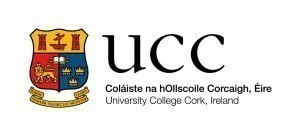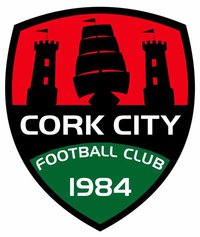29 April 2016
By Bryan T. Smyth
bryan@TheCork.ie
A Public Lecture Series is to be hosted by the College of Arts, Celtic Studies and Social Sciences, UCC.
Lectures will take place every Wednesday in May at 6.00 pm in the same venue.
Lectures are free and open to the public.
The misfortune of the Irish?
Dr Donal Ó Drisceoil, School of History, UCC will give a public lecture on “The misfortune of the Irish?” : James Connolly, the 1916 Rising and the cause of labour’ in the Ground Floor Lecture Theatre, Geology and Geography Building, UCC (beside the Honan Chapel) on Wednesday 4th May at 6pm.
According to Dr Ó Drisceoil it is clear that James Connolly believed that the revolt of the Irish working class would never occur if he did not take the drastic action that he took, when he did, in Easter 1916 with Irish labour on its knees after the defeat of the 1913 Lockout and the Irish working class flocking into the British army.
In this first lecture of UCC’s ‘Reconsidering the Rising’ series, UCC historian Ó Drisceoil reconsiders Connolly’s participation in the Easter Rising and the subsequent implications for the ‘cause of labour’, which Connolly famously declared to be synonymous with the ‘cause of Ireland’.
He questions the nature and extent of the Irish labour movement’s involvement in the Rising, and considers how the loss of this great socialist leader impacted on the subsequent Irish revolution.
For reasons that will be explored, many of which related to the economic conditions created by the First World War, the Irish labour movement grew to unprecedented strength after 1916 – a development Connolly had not foreseen.
It played a central role in the defeat of conscription in 1918 and, through a series of general strikes, in the fight for Irish independence that followed.
However, the pre-1916 revolutionary leaders of Irish labour were gone: Connolly dead and Jim Larkin in jail in the USA. Their successors were cautious and consensual, and allowed the middle-class leadership of Sinn Féin and the IRA to shape the ideological course of the revolution, with fateful consequences for the fortunes of the Irish working class.
Perhaps, argues Dr Ó Drisceoil, the true ‘misfortune of the Irish’ was not the premature rising, but the loss of Connolly, a great progressive force whose influence could have changed the nature of the Irish revolution and its outcomes for the better.
Donal Ó Drisceoil lectures in the School of History, UCC. He is former editor of Saothar: Journal of Irish Labour History. He also co-edited Politics and the Irish Working Class, 1830-1945 and is currently co-editing the Atlas of the Irish Revolution, which will be published in September 2016.
Schedule of other lectures in the series
May 11: Prof. Emeritus Colbert Kearney, School of English:
Peader Kearney: A Soldier’s Song
May 18: Prof. Linda Connolly, Department of Sociology:
1916 in 2016: An Unfinished Revolution?
May 25: Virginia Teehan, Director of Cultural Projects:
The Centenary of the Honan Chapel: Jewel in the Crown of the Irish Revival



